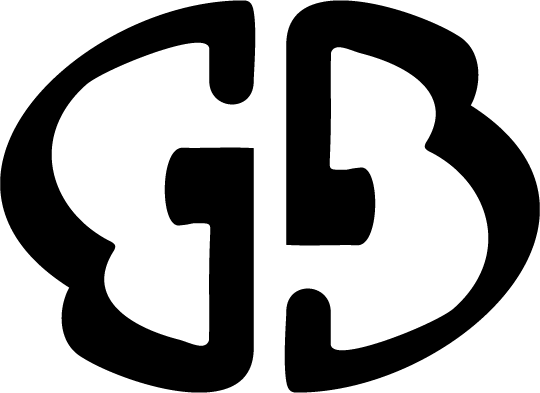The prime numbers are numbers that only have $1$ and themselves as factors. The first few prime numbers are $2, 3, 5, 7, 11, 13, 17, 19, \dots$. One of the most important ideas in the theory of numbers is that a number can be written in a unique way as a product of prime powers. For example,
$4=2^2$, $15$ is $3$ times $5$, and $20$ is $2\times 5$.
The uniqueness of the prime factorization is used to show that the square root of $2$ is not a rational number. A rational number is a number in the form $p/q$, where both $p$ and $q$ are integers, and $q$ is not equal to zero. By doing the following questions, you can prove that the square root of two is an irrational number. The proof is by contradiction. We assume that the square root of $2$ can be written as a fraction, and then show our assumption implies a false statement.
Q1. Suppose the square root of $2$ equals $ p/q$ for some integers $p$ and $q$. Show that $2q^2=p^2$.
Q2. Show that the power of $2$ in the prime factorization of the number $2q^2$ is an odd number.
Q3. Show that the power of $2$ in the prime factorization of the number $p^2$ is an even number.
The above two statements are contradictory. Thus our assumption, that the square root of $2$ is a rational number, must be false.
Can you generalize this proof to prove that the square root of $3$ and $5$ are also irrational numbers?
